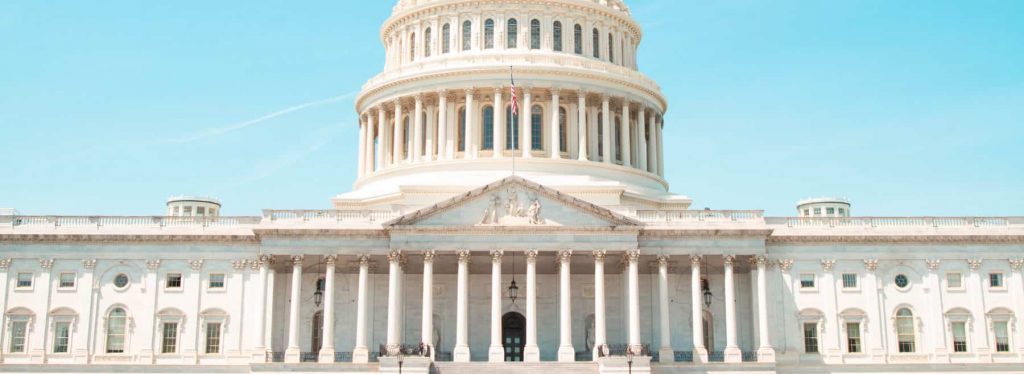The Federal Reserve continues to roll out loan programs under the CARES Act to support the US economy and stimulate consumer spending.
The Main Street Lending Program (MSLP) provides borrowers who may not qualify for conventional financing access to loans needed to help compensate for COVID-19 business disruptions, losses, and hardships. Terms of MSLP loans, which start at a minimum $1 million, are more favorable with lower interest rates, one-year deferrals on repayment, and no requirements for collateral.
However, businesses should remain cautious and question: can you really afford the increased financing at this time? Is this a temporary bridge to times when cash flow will improve, or will this create undue hardship in the long-run? These loans are not forgivable, like the Paycheck Protection Program, and must be repaid.


